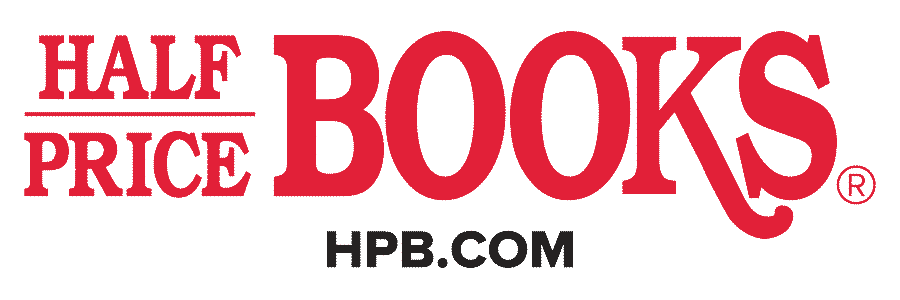-
-
Ship to Store
43221
Select Store
HPB West Lane Avenue
4 miles
HPB West Lane Avenue 1389 W Lane Ave Columbus, OH 43221
Store Hours:
-
Monday 10 AM -8 PM
Tuesday 10 AM -8 PM
Wednesday 10 AM -8 PM
Thursday 10 AM -8 PM
Friday 10 AM -8 PM
Saturday 10 AM -8 PM
Sunday 10 AM -8 PM
HPB Carriage Place
8 miles
HPB Carriage Place 2642 Bethel Rd Columbus, OH 43220
Store Hours:
-
Monday 10 AM -8 PM
Tuesday 10 AM -8 PM
Wednesday 10 AM -8 PM
Thursday 10 AM -8 PM
Friday 10 AM -8 PM
Saturday 10 AM -8 PM
Sunday 10 AM -8 PM
- Pickup In Store
- Buying from the Public
HPB Westerville
11 miles
HPB Westerville 561 S State St Westerville, OH 43081
Store Hours:
-
Monday 10 AM -8 PM
Tuesday 10 AM -8 PM
Wednesday 10 AM -8 PM
Thursday 10 AM -8 PM
Friday 10 AM -8 PM
Saturday 10 AM -8 PM
Sunday 10 AM -8 PM
- Pickup In Store
- Buying from the Public
HPB Reynoldsburg
12 miles
HPB Reynoldsburg 8107 E Broad St Reynoldsburg, OH 43068
Store Hours:
-
Monday 10 AM -8 PM
Tuesday 10 AM -8 PM
Wednesday 10 AM -8 PM
Thursday 10 AM -8 PM
Friday 10 AM -8 PM
Saturday 10 AM -8 PM
Sunday 10 AM -8 PM
- Pickup In Store
- Buying from the Public
HPB NorthPointe Plaza
14 miles
HPB NorthPointe Plaza 100 Meadow Park Ave Lewis Center, OH 43035
Store Hours:
-
Monday 10 AM -8 PM
Tuesday 10 AM -8 PM
Wednesday 10 AM -8 PM
Thursday 10 AM -8 PM
Friday 10 AM -8 PM
Saturday 10 AM -8 PM
Sunday 10 AM -8 PM
- Pickup In Store
- Buying from the Public
Overview
Democracy for Realists assails the romantic folk-theory at the heart of contemporary thinking about democratic politics and government, and offers a provocative alternative view grounded in the actual human nature of democratic citizens.
Christopher Achen and Larry Bartels deploy a wealth of social-scientific evidence, including ingenious original analyses of topics ranging from abortion politics and budget deficits to the Great Depression and shark attacks, to show that the familiar ideal of thoughtful citizens steering the ship of state from the voting booth is fundamentally misguided. They demonstrate that voters--even those who are well informed and politically engaged--mostly choose parties and candidates on the basis of social identities and partisan loyalties, not political issues. They also show that voters adjust their policy views and even their perceptions of basic matters of fact to match those loyalties. When parties are roughly evenly matched, elections often turn on irrelevant or misleading considerations such as economic spurts or downturns beyond the incumbents' control; the outcomes are essentially random. Thus, voters do not control the course of public policy, even indirectly.
Achen and Bartels argue that democratic theory needs to be founded on identity groups and political parties, not on the preferences of individual voters. Now with new analysis of the 2016 elections, Democracy for Realists provides a powerful challenge to conventional thinking, pointing the way toward a fundamentally different understanding of the realities and potential of democratic government.
- Format: TradePaperback
- Author: Achen, Christopher H.
- ISBN: 9780691178240
- Condition: Used
- Dimensions: 7.90 x 1.20
- Number Of Pages: 408
- Publication Year: 2017

